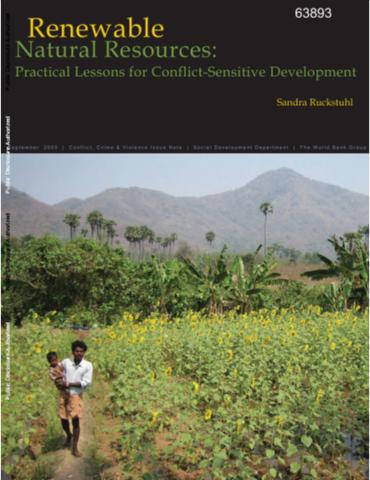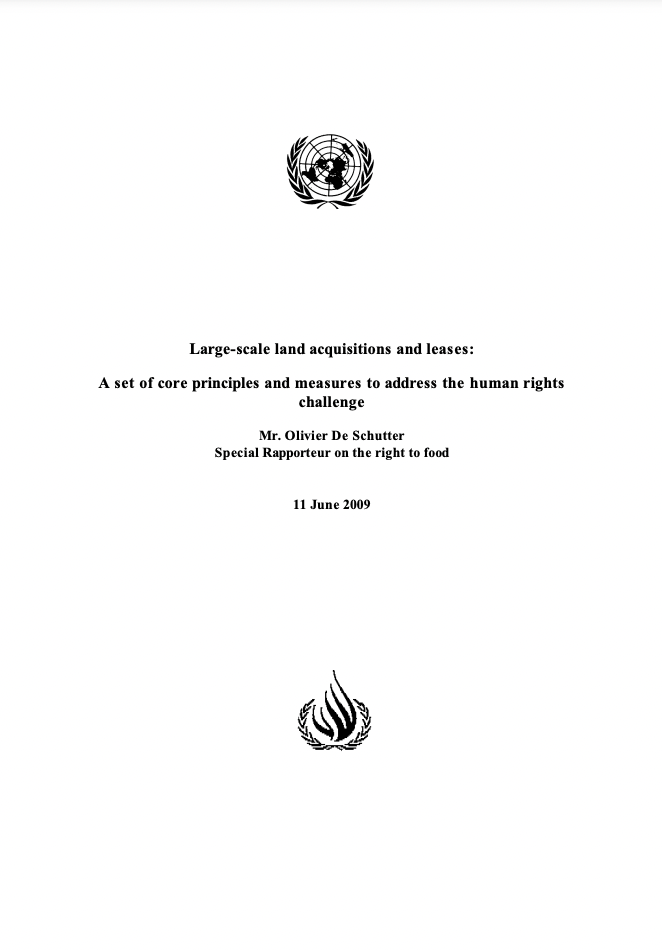Le droit à l'alimentation et l'accès aux ressources naturelles
Moyennant une analyse conceptuelle basée sur les traités et les instruments internationaux et deux études de pays, cette étude aborde la relation qui existe entre les droits humains, notamment le droit à une nourriture adéquate, et l’accès aux ressources naturelles, en accordant une attention particulière à la terre.








